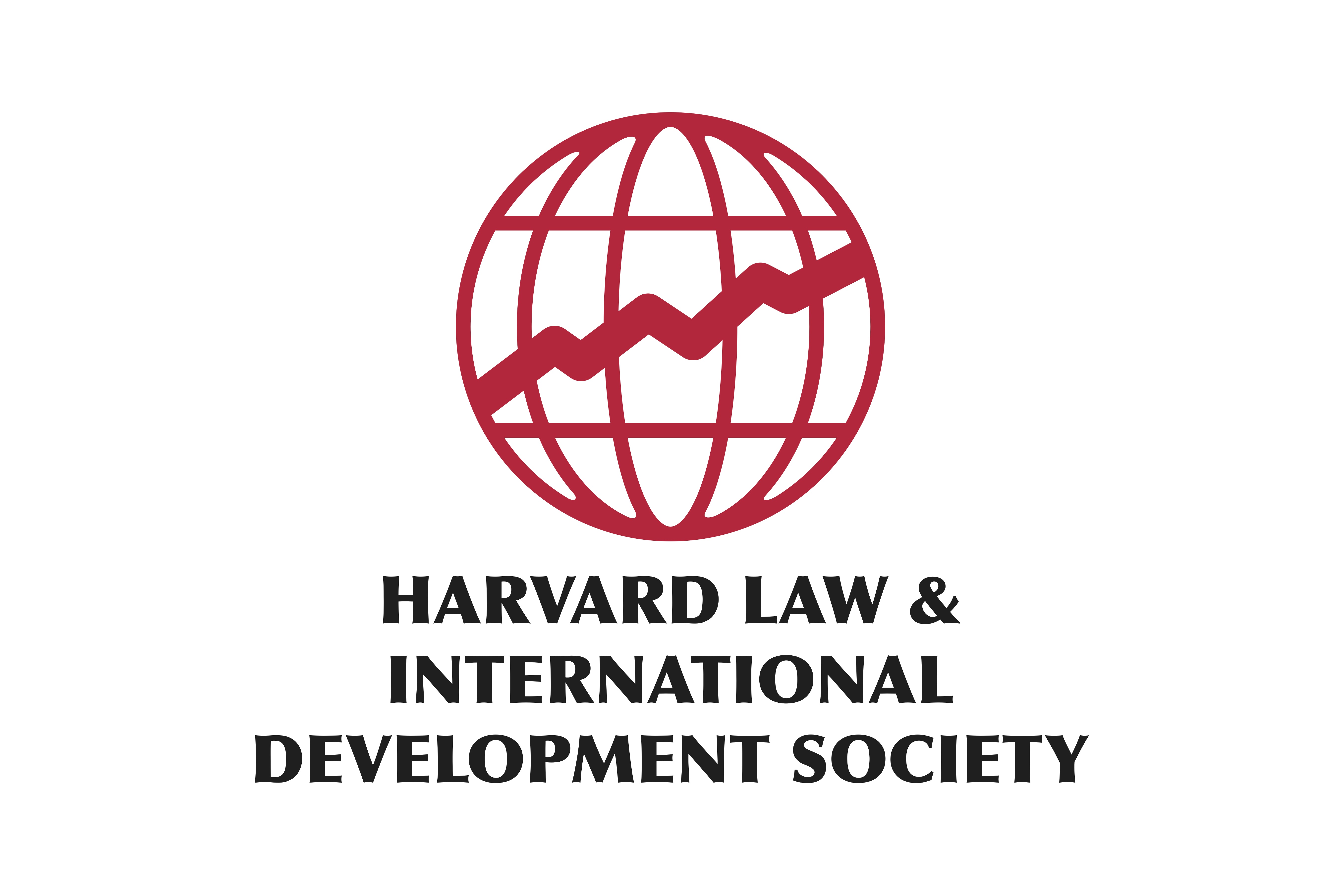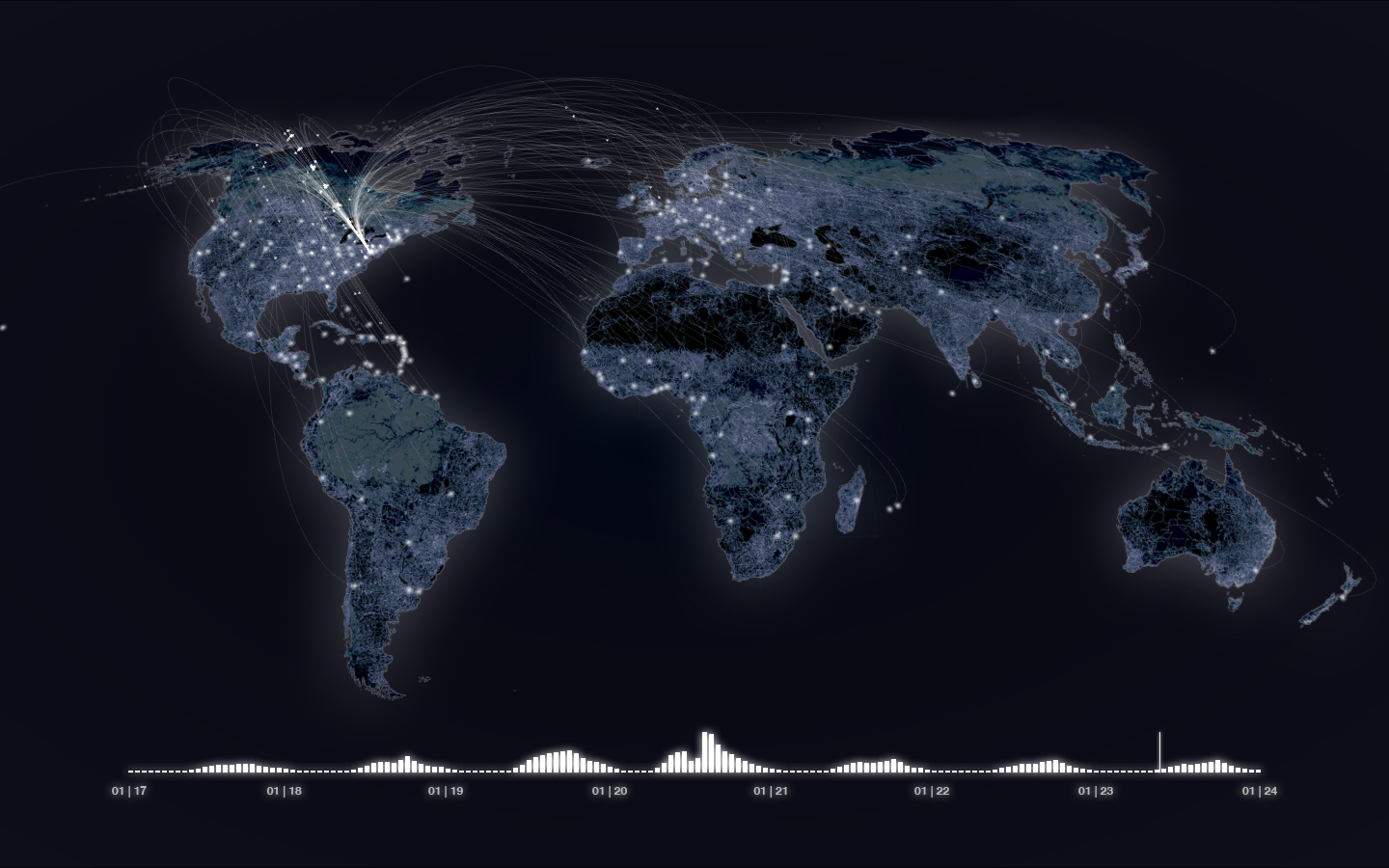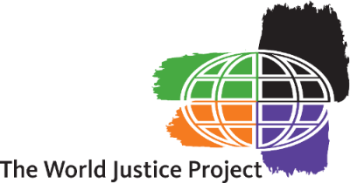We are pleased to announce Sarah Weiner (HLS ’15) and Beth Nehrling (HLS ’15) as the incoming Co-Presidents of the Harvard International Law and Development Society for the academic year 2014-2015. Sarah and Beth are inspiring in their commitment to international development and their strong vision for LIDS going forward. Read about their vision for LIDS in the coming year below. We hope you will join us in congratulating Sarah and Beth!
Beth & Sarah’s Co-President Vision Statement: Institutionalizing LIDS
LIDS had a momentous 2013-2014 school year! Becky and Raj delivered on their promise to raise LIDS’s profile through our online presence, collaboration with our member schools, and events at HLS, such as the International Women’s Day Exhibition. LIDS embarked on an exciting initiative to connect with students at law schools around the world that are interested in development. And the Projects Team received a record number of proposals from organizations wanting to have an Orrick-LIDS team complete a project for them. Our goal for 2014-2015 is to build on that success and ensure that LIDS becomes institutionalized—both online as a space to debate law and development issues and at HLS and LIDS partner schools as a firmly established student organization.
To this end, our plan as Co-Presidents is to focus on four main areas:
- Continue to raise our profile, particularly online, and to use our presence to shape the debate about law and development
- Institutionalize and grow LIDS Global
- Continue the project model and ensure that students have an enjoyable and meaningful experience
- Find ways for members that don’t have the time to commit to a project to get involved with LIDS
The field of development is currently in a state of flux. We have moved beyond the neoliberal movement of the 1980s where the simple prescription for how to develop was to privatize, strengthen property rights and remove government distortion of prices. There is debate about what development means, why some countries have developed faster than others, and the policies governments should enact to promote development in their country. The role of law is a major component of this debate.
LIDS should not only engage with this debate, but should also try to shape it. Some key ways LIDS can begin to do this are:
- Continue to encourage members to post on our blog about current events and important issues related to law and development.
- Find a way to encourage blog posts to become a dialogue—through comments or perhaps through “response posts,” where someone presents the other side of an issue discussed in a previous post.
- Reach out to academics at Harvard and other schools to produce content for our blog.
- Strategically picking our Symposium and White Paper topics to address the issues that are at the heart of this debate about the role of law and development
The 2013-2014 school year saw the introduction of a LIDS Global pilot project in which LIDS worked with university students in 6 different countries to establish 6 independent student organizations interested in law and development. Each organization, with guidance from LIDS Co-VPs of Collaboration, conducted research on corruption and remedies for corruption in their area of the world to complement and further dive into the issues discussed in LIDS 2012-2013 year White Paper project on corruption. Creating a network to facilitate this type of global peer-level learning and conversation is an additional way of shaping the debate as discussed in goal 1.
The results in the pilot year have been encouraging, and the 2014-2015 school year presents the chance to build upon the relationships and lessons learned from this year in efforts to further institutionalize and grow LIDS Global. Some possible actions to focus on are:
- Maintain and continue to grow the relationship with the 6 student groups established this year.
- Evaluate and further refine the collaborative research model that was established for the pilot program as a way to engage students on a global level. Particularly focus on opportunities to create conversations and collaborations globally and in real-time across the different groups.
- Facilitate a collaborative scheme with student groups globally focused on an international law and development theme.
- Create opportunities for Cambridge-based LIDS students to be more actively and routinely engaged with members of the international student groups participating in LIDS Global.
LIDS projects remain the central way that students across the Boston schools get involved with LIDS. We have firmly established our relationship with Orrick LLP and will continue to work with them in the coming year. We have grown from having to sell organizations on the value that a project can add to their work to having more organizations apply to have us complete projects than we could possibly take on. However, we should continue to improve our Project Model to ensure students have the best experience possible.
For example, during the 2014-2015 year, LIDS can:
- Improve knowledge management on what makes projects successful through the creation of a database on a secured location where we can store detailed information related to past projects.
- Consider ways to improve both team leader and team member trainings to be more interactive and meaningful.
- Find a way to gather more meaningful data from students that participate in projects about their experience and how they think it can be improved.
Joining a project is a big time commitment, and we understand that busy graduate students don’t always have that time to commit. Therefore, our final key goal for 2014-2015 is to find ways for members to engage with LIDS throughout the semester other than joining a project team. Some potential ideas to explore are:
- Expanding development-related clinical placements for students over J-term.
- Having a law student join a business school consulting team to handle any discrete legal issues that out integral to the business advice they are providing.
- Putting together small groups of students to work on creating short, practical-based documents on issues relevant to development-focused organizations and entrepreneurs (i.e. benefit corporations, crowd-funding, etc.).
- Creating and strengthening opportunities for students to engage in non-project LIDS activities, like the International Women’s Day Celebration and LIDS Live!
- Planning and executing another successful trip modeled after this year’s DC trip where students can meet and network with practitioners in the field.
We hope you will join us for another successful year of LIDS!



